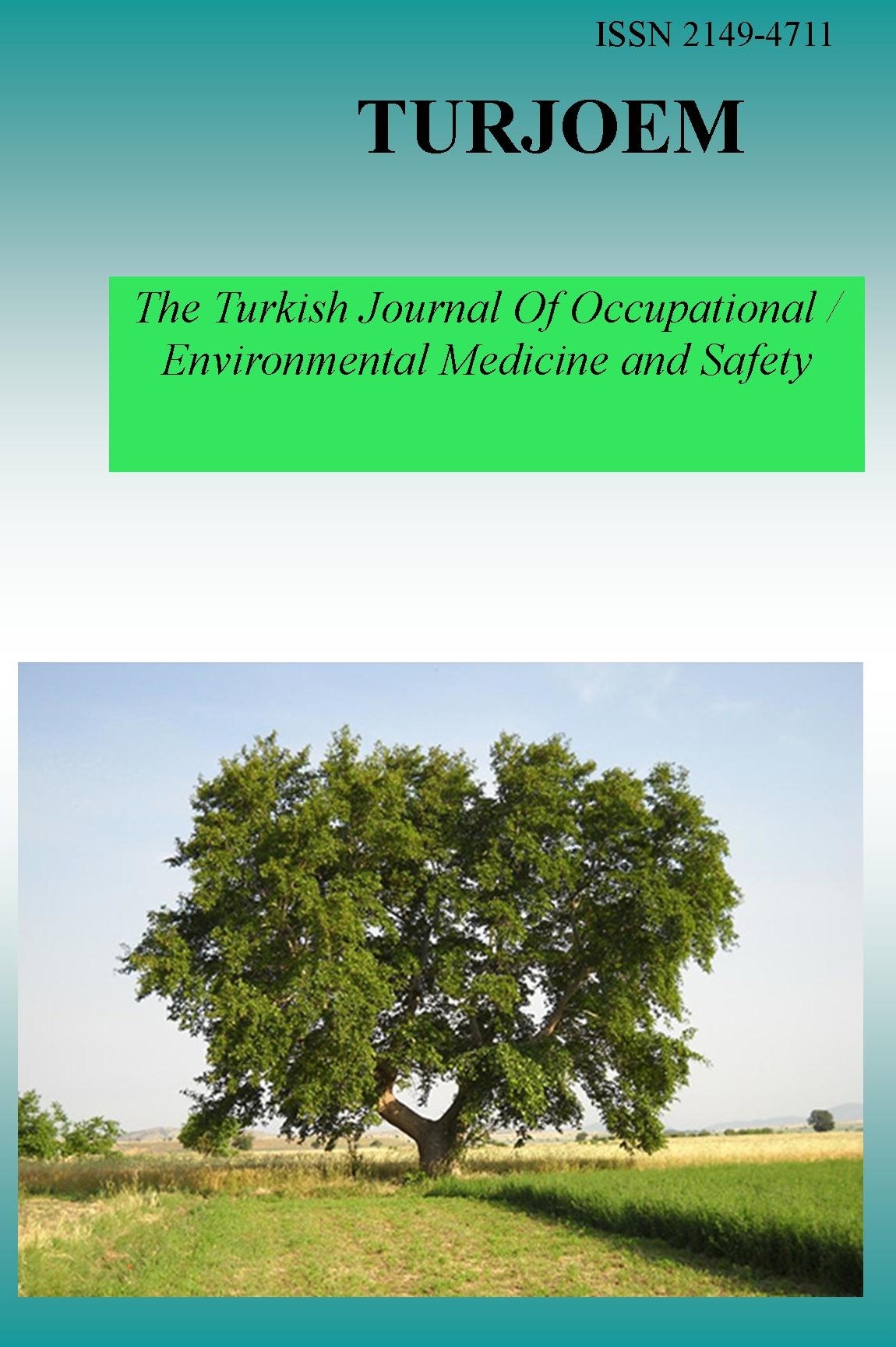Social and Economic Dimensions of Pesticide Residues
Social and Economic Dimensions of Pesticide Residues
Given their affordable price, ease of use and labour effective nature, pesticides are highly used in agriculture and a variety of sectors and are acknowledged as an effective method for pest control.Pesticide usage resides in several problems such as human health and environmental. The pesticides on or in the agricultural products and in the environment are called pesticide residues. The consumers have an increasing concern about their health because of the pesticide residues on food and water. Pesticide residues also have an effect on the foreign market. Therefore, the residue problem not only concerns a country itself, but also country’s foreign trade with others. Products with pesticide residues are either demolished or left on the field as they cannot be traded in the home market or foreign trade. Hence, the economy gets negatively affected as these products do not create any economic value or social capital.Pesticide residues’ importance is getting increase on the social aspect, given its effects on the human health and environment and consumers’ access to safe food, as well as on the economic aspect, considering their effect on trade. In all of the developed countries, products with pesticide applications are thoroughly investigated under the pesticide monitoring programs Maximum Residue Limit (MRL), through the supply-demand chain that includes processing, marketing, export and import procedures. Pesticide residues are analysed via these programs.Our country and the world developed several legislative regulations to overcome the anxiety caused by social and economic losses undergone due to pesticides. These regulations include prohibition of certain active substances, disinfection aerial pesticide application, sustention of biological and biotechnical control, application of prescriptions, education and certification of pesticide users. The pesticide residues on the agricultural products have been monitored post-harvest in our country under the pesticide monitoring program since 2005. Pre-harvest pesticide monitoring program has been effective since 2012. Moreover, research has been conducted and encouraged to minimize pesticide usage via alternative methods and the research results on biological control and biotechnical methods have been put into practice.
- ISSN: 2149-4711
- Başlangıç: 2015
- Yayıncı: Engin TUTKUN
Sayıdaki Diğer Makaleler
Insecticide Resistance Status in Turkey
Zehra CENGİSİZ, Gülşen Uçar KARCI, Tülin GÖNÜLTAŞ, Muhsin AKBABA
Efeects of Biocidal Regulations on Polymer Producers
Using the Boron Compounds within the Scope of the Biocidal Products
Pesticides and Water Pollution
Cansu Surat HELVACI, Zeynep Aytül ÇAKMAK
Biocidal Products and Residues
Pelin AKSU, Nuran YİĞİT, Abdullah YILMAZ
Respiratory Protection against Pesticides
Biocidal Products and Borderline Products
Nanomaterials and Use in Biocidal Products
Volkan Recai ÖTEGEN, Özgür ERSOY, Saliha AKDOĞAN, Muhsin AKBABA
New Non-Toxic Weapon Against Mosquitoes
